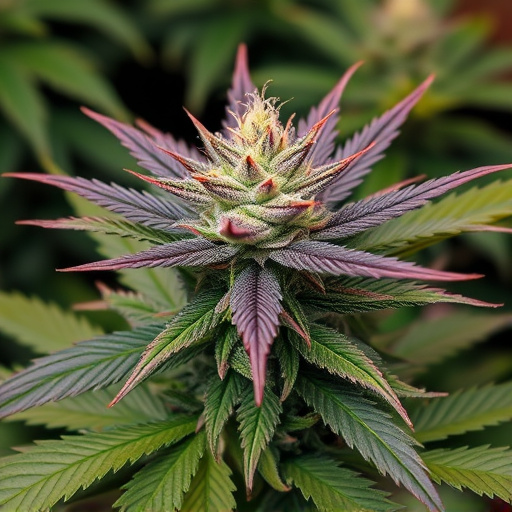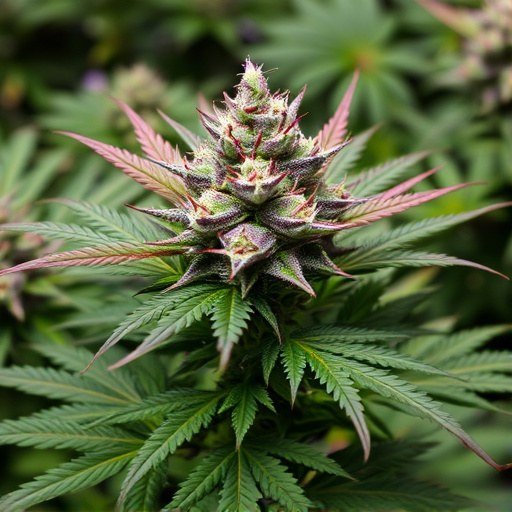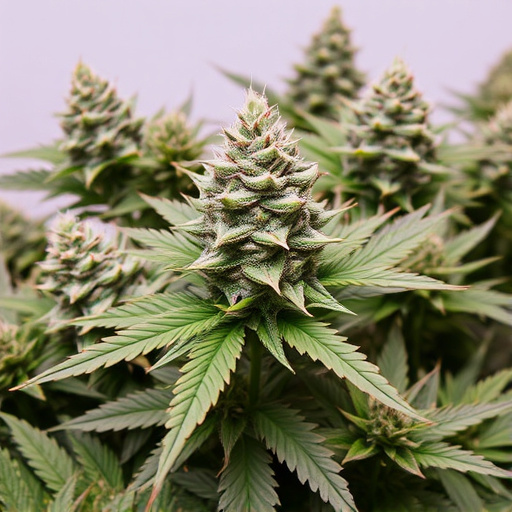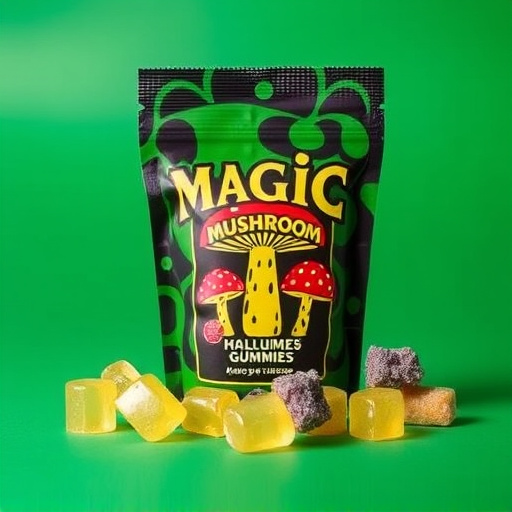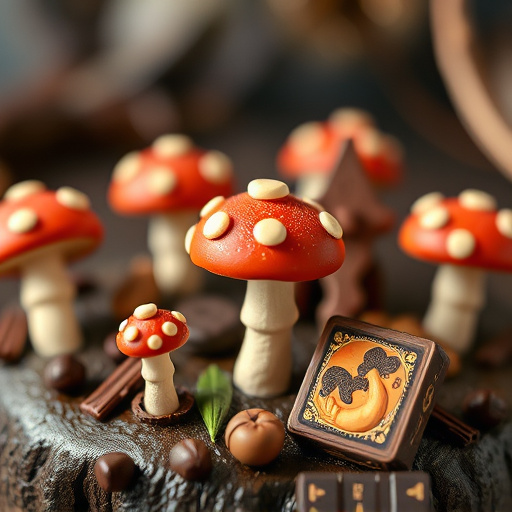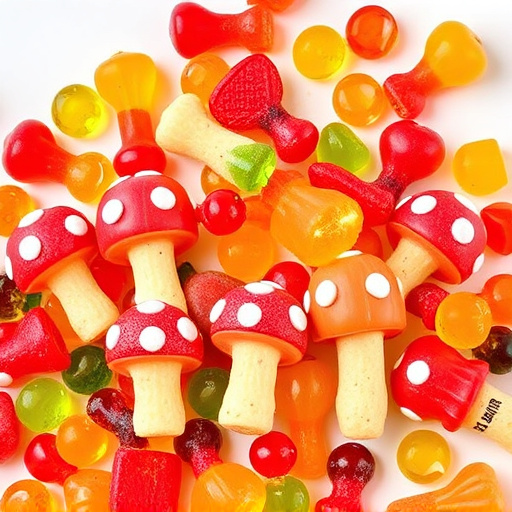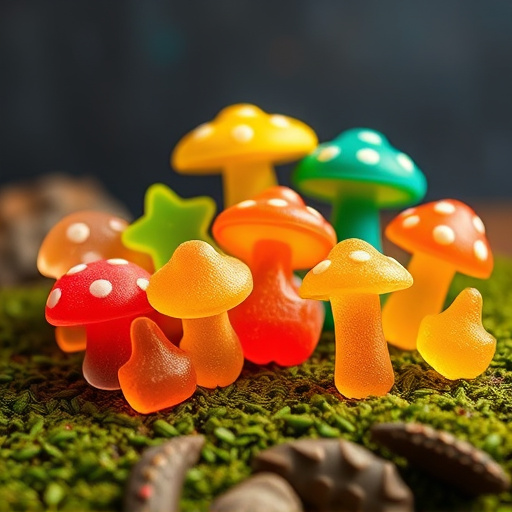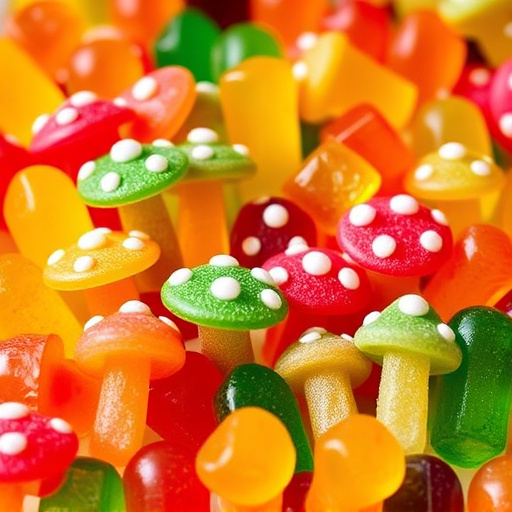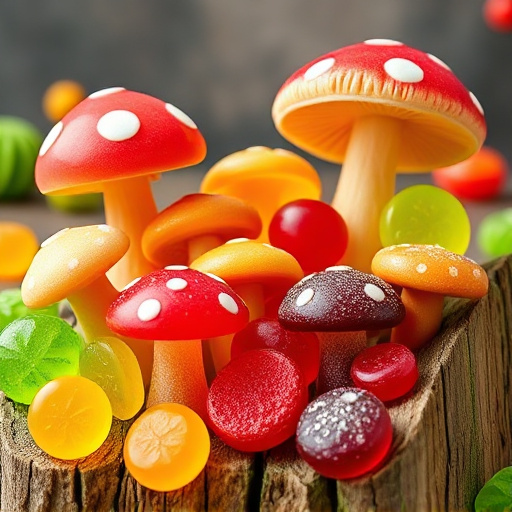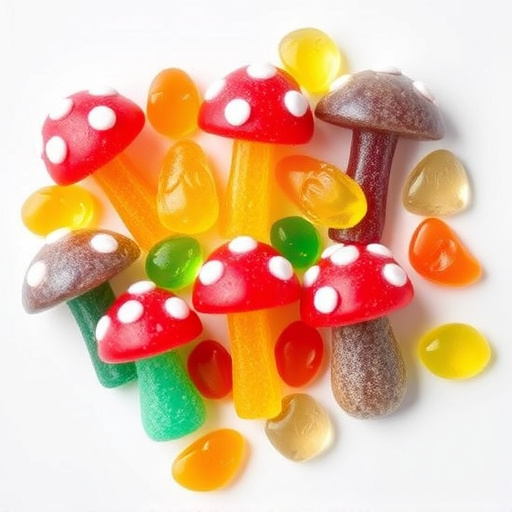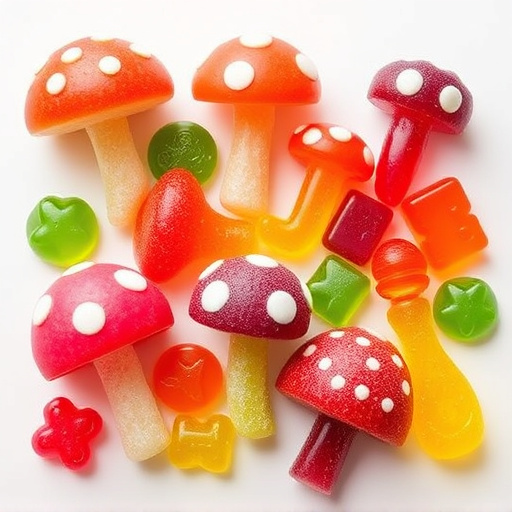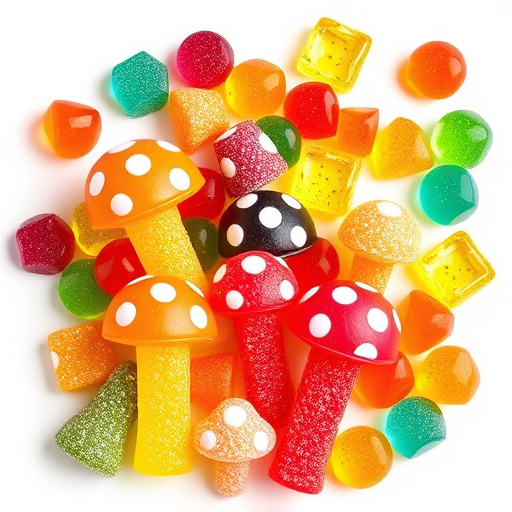The modern psychedelics landscape is evolving with Magic Mushroom Gummies, offering a safe, controlled way to access psilocybin's therapeutic benefits through enhanced brain plasticity. This innovative delivery method shows promise in treating depression, anxiety, and PTSD, potentially revolutionizing psychedelic-assisted therapy. Psilocybin interacts with brain receptors to promote cognitive flexibility, reduce anxiety, and alleviate depression, leading to positive mental well-being outcomes.
“Unveiling the potential of lab-tested magic mushroom gummies: a revolutionary approach to mental health. This comprehensive guide explores the science behind these innovative products, delving into the active compounds and their therapeutic effects, particularly on brain plasticity. We examine the growing body of research showcasing their benefits in treating depression, anxiety, and PTSD, while also navigating legalities and safety precautions. Discover how magic mushroom gummies are transforming mental health care.”
- Unveiling the Science Behind Magic Mushroom Gummies
- – Exploring the active compounds in magic mushrooms and their potential therapeutic effects
- – The role of psilocybin and its impact on brain plasticity
Unveiling the Science Behind Magic Mushroom Gummies
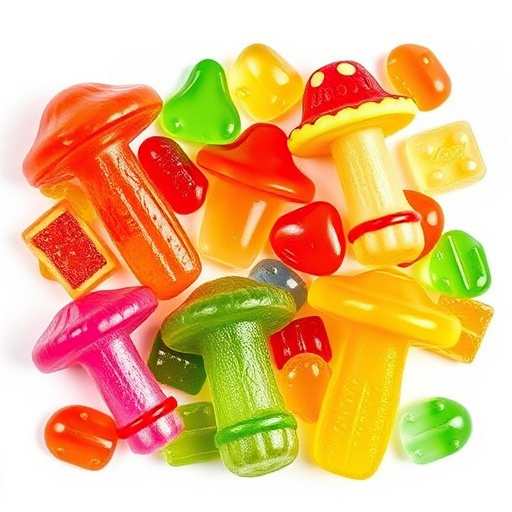
The world of psychedelics is seeing a modern twist with the emergence of lab-tested Magic Mushroom Gummies. These innovative products aim to unlock the potential benefits of psilocybin, a compound found in certain types of mushrooms, while offering a convenient and controlled dose. By encapsulating this powerful substance in gummy form, manufacturers hope to provide a safer and more accessible way to explore its therapeutic effects.
Research suggests that Magic Mushroom Gummies can interact with our brain’s complex neural networks, particularly in the realm of brain plasticity. Brain plasticity refers to the brain’s remarkable ability to adapt and reorganize itself by forming new neural connections. Psilocybin, the active ingredient, is believed to facilitate this process, leading to potential improvements in mood, creativity, and cognitive function. Unveiling the science behind these gummies offers a glimpse into a promising future where mental health and wellness could be enhanced through evidence-based psychedelic therapies.
– Exploring the active compounds in magic mushrooms and their potential therapeutic effects
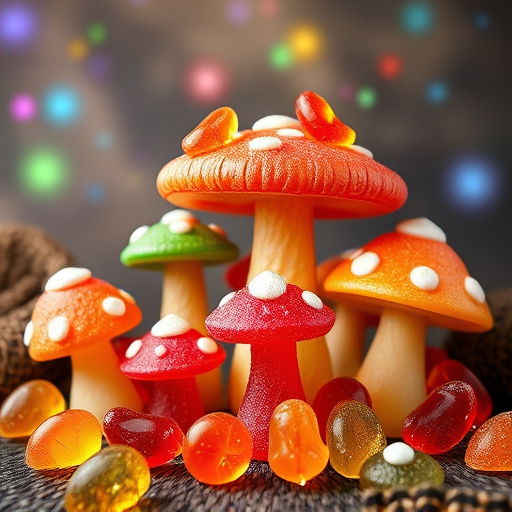
Magic mushrooms have long been known for their psychoactive properties, but recent research is uncovering a deeper potential: therapeutic benefits rooted in brain plasticity. These fungi contain psilocybin, an active compound that, when metabolized by the body, converts into psilocin, known for its ability to interact with serotonin receptors in the brain. This interaction can lead to altered states of consciousness and has shown promise in treating depression, anxiety, and PTSD.
The unique properties of magic mushroom gummies, which combine this active compound with a gummy format, offer an appealing and accessible way to explore these potential therapeutic effects. By encapsulating psilocybin in a tasty, easily consumable form, magic mushroom gummies provide a precise dose, allowing individuals to benefit from the compound’s influence on brain plasticity without the harshness or unpredictable nature of traditional methods. This modern approach could open doors for further exploration and integration of psychedelic-assisted therapy in mainstream mental health practices.
– The role of psilocybin and its impact on brain plasticity
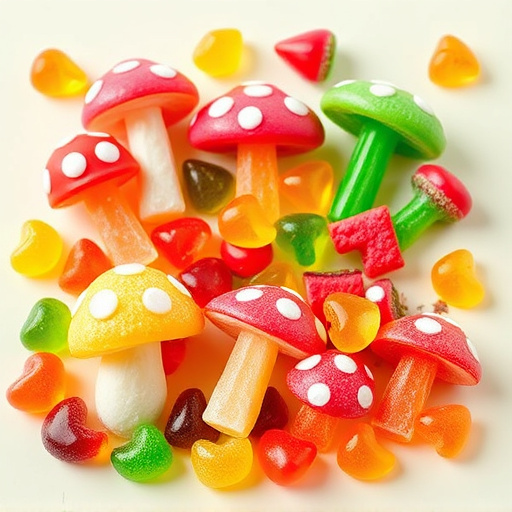
Psilocybin, the active compound found in magic mushroom gummies, has gained significant attention for its potential therapeutic effects on brain function and mental health. Scientific research suggests that psilocybin can interact with specific receptors in the brain, leading to altered states of consciousness and enhanced cognitive flexibility. This interaction isn’t just a fleeting experience; it triggers brain plasticity—the brain’s ability to reorganize and form new neural connections.
Brain plasticity is particularly relevant when considering the impact of psilocybin on mental well-being. Studies have shown that controlled doses of psilocybin, often in the context of therapeutic settings, can promote feelings of euphoria, reduce anxiety, and even alleviate symptoms of depression. The experience induced by magic mushroom gummies may facilitate a deeper understanding and processing of emotions, thoughts, and memories, potentially leading to long-lasting positive changes in brain wiring and cognitive processes.
In conclusion, lab-tested Magic Mushroom Gummies represent a fascinating fusion of ancient holistic practices and modern science. The potential of psilocybin, a key active compound in magic mushrooms, to enhance brain plasticity offers promising therapeutic avenues for various mental health conditions. As research continues to uncover the benefits of these natural compounds, we find ourselves at an exciting juncture where traditional wisdom meets innovative delivery methods, paving the way for more accessible and effective wellness solutions.
